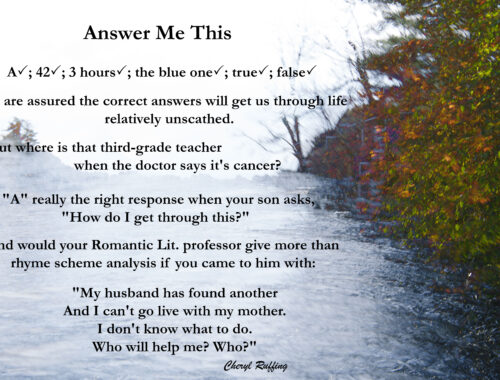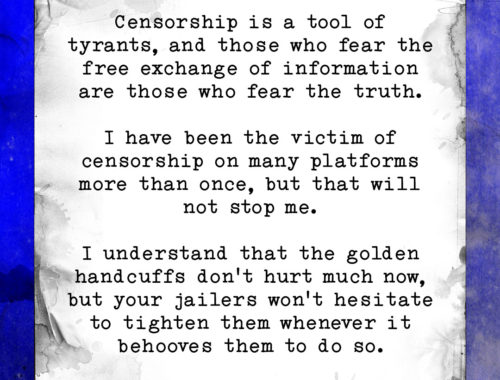
If You Want Dragon Smoke
Could it be that Robert Bly’s Looking for Dragon Smoke is the book I’ve been looking for? And what did I do? I read a few pages after it arrived back in May, then put it on the shelf—always saving for Some Day. When does Some Day arrive? And who or what is Some that it gets a special day? How long, exactly, was I supposed to wait?
Whether we can use metaphor with the swiftness and purity of the masters is not the point; even playfully climbing on metaphor, riding that horse, brings us into the kingdom of uncertainty, where a mouse can come along wearing King George’s hat. Of course, we all know that simply using metaphors will not make the poem good in itself; the metaphors have to be fine.
You know what gets to me? That I went to college, where I studied English literature as a major, and I graduated (cum laude, so I wasn’t exactly a slacker) without understanding metaphor. Yes, I could explain that a metaphor is a form of comparison that adds depths of meaning to a text and that a simile is a metaphor that uses the word “like” or “as.” I even considered myself a fan of defamiliarization, but did I understand metaphor? No. Could I effectively use metaphor in my own writing? No. Not even close.
“Just the facts, ma’am.” That’s what I got from four years of college. Just the facts. Make sure you quote accurately. Don’t lose your MLA Handbook because you wouldn’t want to cite a source incorrectly or put your name and the date on the title page in the wrong order. This is important stuff, don’t you know?
I can remember that Professor Fanny Delisle, who seemed older that many of the texts we were reading, had some sort of thing for Colley Cibber of the eighteenth century, who I thought was a critic but was, apparently, mostly a poet and playwright. That tiny woman with the steel grey hair and iron will (Fanny, not Colley, who was, of course, a man) insisted that we pronounce Don Juan, “Don JOO-an.” Yes. It’s true. She also insisted that one of my fellow students was pronouncing her own last name incorrectly—which brings up a question: why do young people who still have idealistic notions about COLLEGE have to put up with people like that? My friend Caroline (one of the rare, genuinely lovely persons I’ve known) came to hate the works of Jane Austen because of what Fanny did to them (and Caroline). Yes, Dr. Delisle: what did she teach me, other than the realization that spite can be a great motivator? I really don’t know, because I can barely remember that I “studied” Victorian literature and something else with her, but I remember nothing of what she might have “taught” me as far as works were concerned. Oh, I guess the other class must have been Romantic literature, seeing as it was the title of a Lord Byron poem that she got so bent out of shape about (Don JOO-an, that is).
Okay, what about other classes? Well, I remember that I managed to write two pages on how Robert Frost shakes one’s certainty about the color white being a symbol of purity with his sonnet about a white spider. Can I, though, after graduating with that all-important degree, wrap my mind around what it takes to write a good poem? Well, yeah. Now I can, or at least, I’m on my way to getting a handle on it, but that certainly wasn’t true thirty-two years ago.
My daughter literally found a book in a box on a sidewalk, brought it home, started reading it, figured I might like it, and had Amazon send me a copy. In about a week, I have learned more about what makes writing work from Brenda Ueland in the pages of If You Want to Write (retail price of $5.97) than I ever did from $40,000 worth of passion killing (or at least, numbing) literary scholarship.
I can’t get my father’s money back. All I can do is try and not waste so much precious time ever again.




